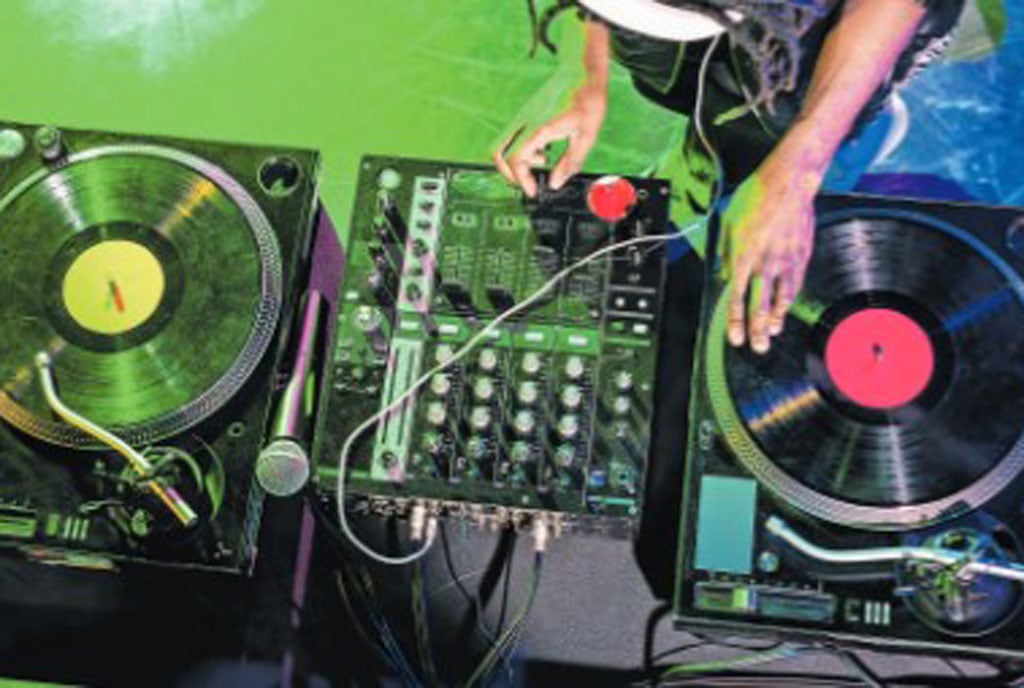Senegal suspends mobile internet, bans protest against vote delay

A protester throws stones during clashes with police on the sidelines of a protest against a last-minute delay of presidential elections in Dakar on February 9, 2024. PHOTO/AFP
What you need to know:
- Authorities on Tuesday suspended mobile internet access for the second time this month.
Senegalese authorities faced growing anger at home and renewed international pressure on Tuesday, as the government suspended mobile internet and banned a march against the delay to this month's presidential poll.
Three people have been killed during violent protests after President Macky Sall's decision to push back the February 25 vote plunged traditionally stable Senegal into one of its worst crises in decades.
Former colonial ruler France called on the West African nation to ensure a "proportionate" response to any protests and reiterated its calls for authorities "to hold the presidential poll as soon as possible".
Demonstrations are subject to authorisation in Senegal, with authorities refusing to give the green light for many opposition rallies in recent years.
Unauthorised protests often descend into violent clashes. Security forces repressed demonstrations which took place on Friday.
"Senegalese authorities continue to display utter disregard for peaceful dissent," said Samira Daoud, Amnesty International's Regional Director for West and Central Africa.
"Authorities must promptly, thoroughly, independently, impartially, transparently and effectively investigate the lethal use of force against protestors," she added.
The United States embassy in Senegal also urged authorities to "fully respect" the right to peaceful assembly and freedom of expression, in a post on X, formerly Twitter.
The Aar Sunu Election (Let's protect our election) collective, which includes some 40 civil, religious and professional groups, had called for a peaceful rally in the capital Dakar on Tuesday at 1500 GMT.
But organisers said they had received an official letter from Dakar local authorities saying the march was banned as it could seriously disrupt traffic.
The collective postponed the march until Saturday.
"We will postpone the march because we want to remain within the law," said Malick Diop, coordinator of the Aar Sunu Election collective.
By mid-afternoon in the neighbourhood where the demonstration was due to take place, an AFP journalist reported a heavy police presence but no protesters.
The UN had said earlier in the day that it was "deeply concerned" following reports of "unnecessary and disproportionate use of force against protesters and restrictions on civic space".
Liz Throssell, spokeswoman for the United Nations rights office, said at least three young men had been killed and 266 people, including journalists, were reportedly arrested across the country.
The UN called for a swift and independent probe into the killings.
'Subversive hate messages'
Authorities on Tuesday also suspended mobile internet access for the second time this month, with the communications ministry citing "the dissemination on social networks of several subversive hate messages that have already provoked violent demonstrations".
Access to mobile data had already been restricted eight days earlier when parliament backed Sall's decision to postpone the election. It was later restored last Wednesday.
The decision to cut access was a repeat of a move last June when Senegal's government restricted mobile internet amid high tensions.
Sall said he postponed the election because of disputes over the disqualification of potential candidates and over fears of a return to unrest seen in 2021 and 2023.
Parliament backed Sall's suspension of the election until December 15, but only after security forces stormed parliament and removed some opposition lawmakers who opposed the bill.
The vote paved the way for Sall -- whose second term was due to expire in April -- to remain in office until his successor is installed, probably in 2025.
Senegal's opposition has decried the move as a "constitutional coup" and suspects it is part of a plan by the presidential camp who feared defeat at the ballot box.
It has denounced the delay as a move to extend Sall's term in office, despite him reiterating that he would not stand again.
Possible amnesty
Sall, who has been in power since 2012, is now seeking a way out of the turmoil.
Media reports have raised the possibility of dialogue with the opposition, including anti-establishment firebrand Ousmane Sonko, who fought the state for more than two years before being imprisoned last year.
Some have suggested the possibility of an amnesty for Sonko, his imprisoned second-in-command Bassirou Diomaye Faye and for people detained during unrest in 2021 and 2023.
Sall has said he wants to begin a process of "appeasement and reconciliation".





